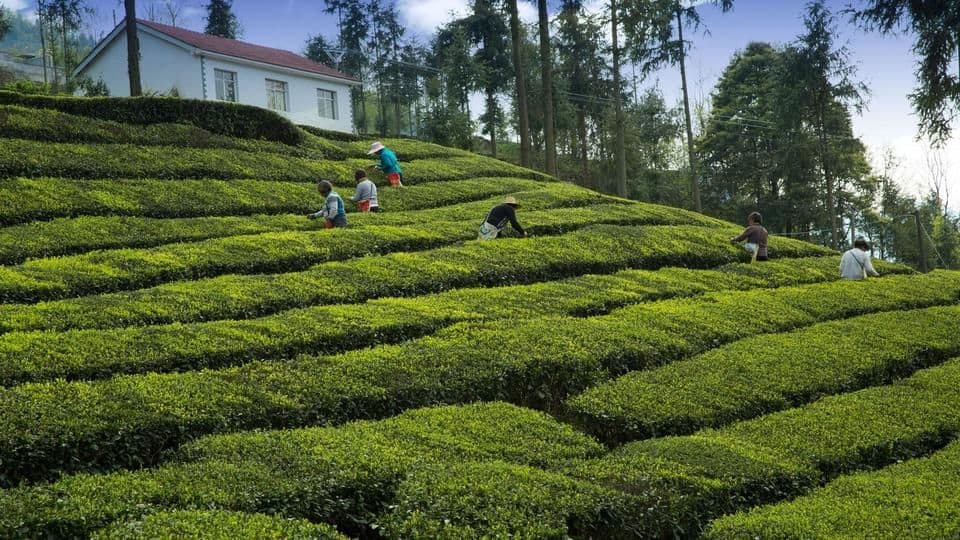
To revive its tea industry, West Bengal sheds anti-business image
What's the story
The West Bengal government under Mamata Banerjee has often faced criticism for failing to attract investments.
But it apparently can no longer afford an anti-business image.
2017 has been a bad year for Darjeeling's tea industry: by September, production had fallen 42mn kg.
To cushion the blow, the government is looking to roll out the red carpet for investors.
Data
An idea of how lucrative Darjeeling's tea industry is
Last year, Darjeeling produced about 8.13mn kg of tea, of which 80% was exported, reports Business Standard. The normal Darjeeling tea fetches Rs. 300-500/kg for broken/fanning varieties and Rs. 700-1,500/kg for whole leaf. Specialty teas can go up to Rs. 6,000-14,000/kg.
Summit
Investment at 2016's Global Business Summit was at all-time low
2017 started with the annual Bengal Global Business Summit, which saw the lowest investment record ever: proposals worth Rs. 2.35L crore were received, 6% lower than last year's Rs. 2.5L crore.
The political situation in the state didn't help: Banerjee was engrossed in a war with the ruling BJP, several Trinamool leaders were arrested for corruption, even the state BJP was fighting among itself.
Strike
A 104-day strike cost the industry Rs. 250cr
Then came an indefinite strike led by the Gorkha Janmukti Morcha, which left the Darjeeling industry crippled during the crucial second flush.
According to the Darjeeling Tea Association, the 104-day strike caused a loss of Rs. 250cr for the local industry.
By the time the strike ended, many workers had deserted the region, and estates had turned into jungles due to lack of upkeep.
GST
The state saw revenue losses under GST, claims minister
Another setback came with the introduction of GST. Banerjee and Finance Minister Amit Mitra had vehemently opposed the Center's 'hasty' decision.
Subsequently, West Bengal saw the highest GST registration among states, but many small businesses had to close down in the absence of necessary resources or infrastructure.
Mitra recently said GST had caused revenue loss for the state.
Good
Still, there were a few saving points
There was some saving grace: after putting its project on hold for several years, IT major Infosys agreed to set up its first software development centre in West Bengal, and that too, without the SEZ tag.
IT Minister Bratya Basu said it would help lure other companies in the sector.
November saw the state hosting international think tank Horasis' first Asia meeting in India.
Plans
For now, the state government has a plan in place
The state has now announced an investment of Rs. 12,000cr in infrastructure development over the next two-three years.
The fourth edition of the Bengal Global Business Summit is scheduled during January 16-17, and Banerjee has been actively campaigning; Reliance Industries' chairman Mukesh Ambani has already confirmed participation, she said.
West Bengal needs to work fast to turn around the tea industry's fortune.